.webp)
Nigeria’s Infrastructure Gap may Increase with Continued Insecurity, Corruption
Nigeria’s President, Muhammadu Buhari, revealed that the country needs $1.5 Trillion to fix the infrastructure gap over the next ten years.
Category
.webp)
Nigeria’s President, Muhammadu Buhari, revealed that the country needs $1.5 Trillion to fix the infrastructure gap over the next ten years.
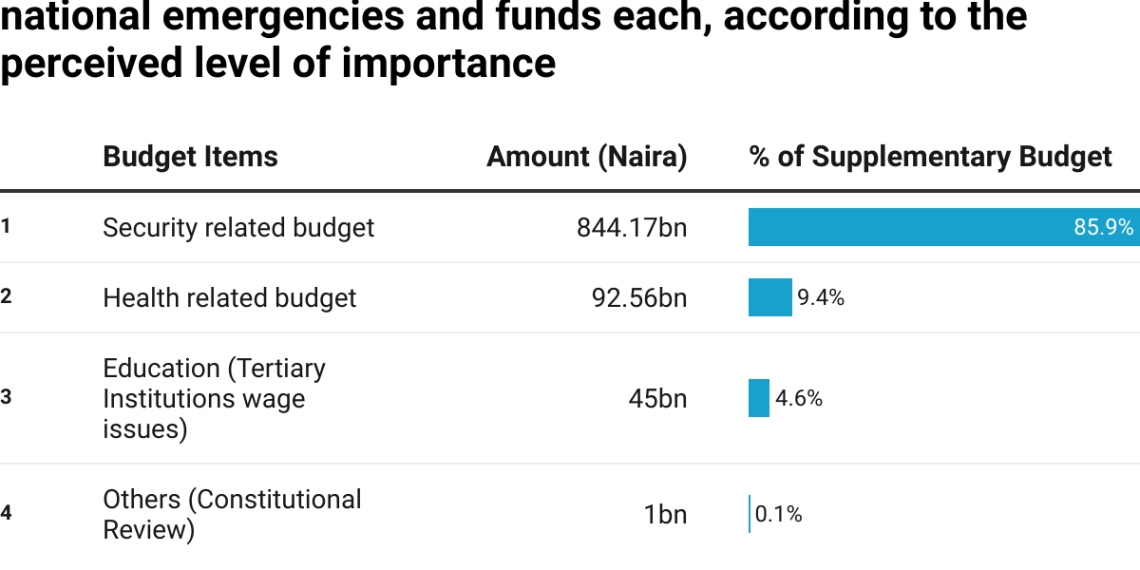
The supplementary budget sighted by Dataphyte has revealed the National Assembly approved the budget provision of 45 billion naira to sort out some salary and striking issues of workers of tertiary institutions. The sum amounts to 4.6% of a budget devoted mainly to defence purposes.

Once again, Engineer Seyi Makinde’s government engaged contractors for unspecified projects, this time 42 of them worth ₦5 billion;

Oyo state government spent ₦17.5 million on creating job website; The award date, however, for the project is absent, hindering accountability and contravening transparency regulations; Oyo state Bureau of Public Procurement shuns FOI from Dataphyte requesting project information; Expert criticises outlandish expenditure, demanding government accountability.
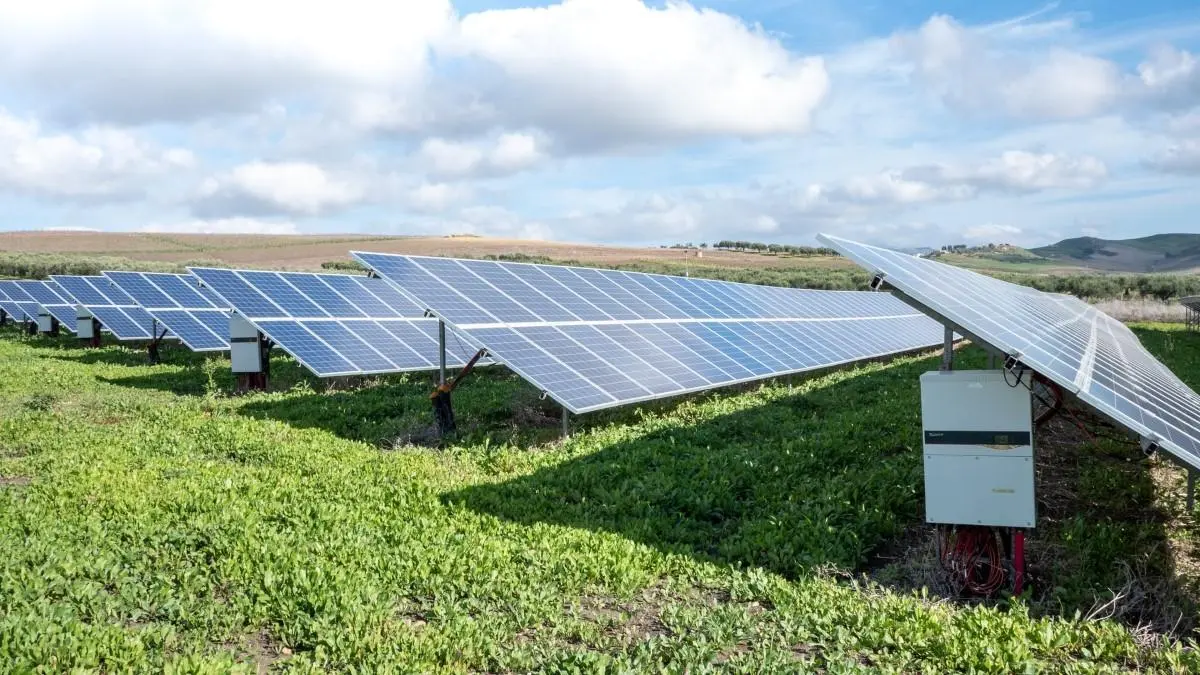
National Rural Electrification Agency has spent a sum of ₦2.8bn on nameless projects; Fraudulent spending by MDAs has become the new order of the day; Nigeria continue to live in the dark age despite huge money disbursed; Dataphyte analysis shows REA could have more money value if it utilised solar mini-grids.
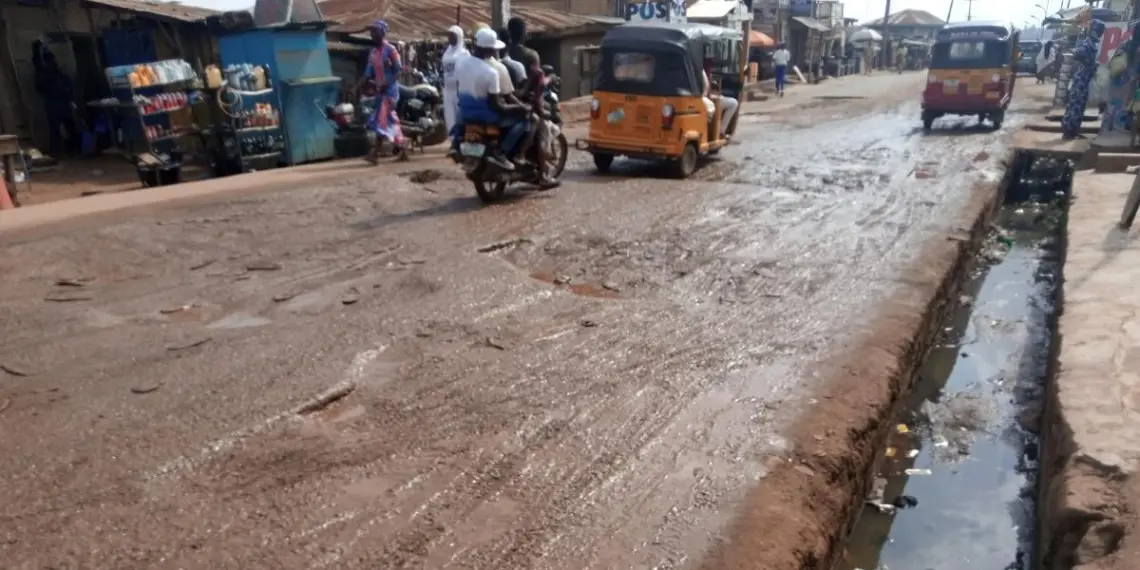
Makinde’s “Operation Zero Potholes” might be producing zero results, according to Oyo state indigenes. And despite a ₦245 million contract to solve this challenge, a handful of roads remain facelifted with massive potholes.
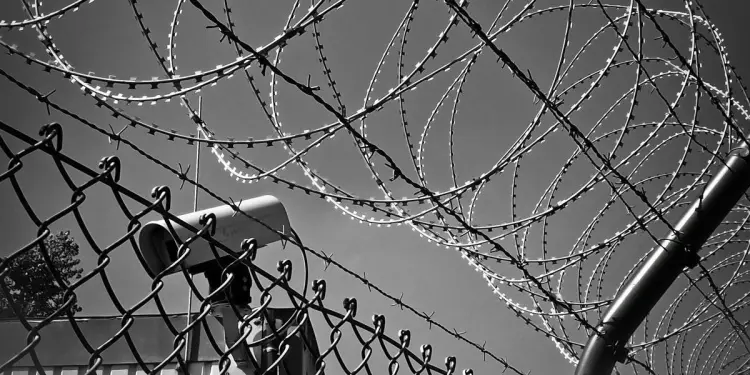
Long ways to go for Africa’s giant concerning citizens’ birth registration; statelessness compounded with leaky borders further paints a picture for prevalent insecurity.
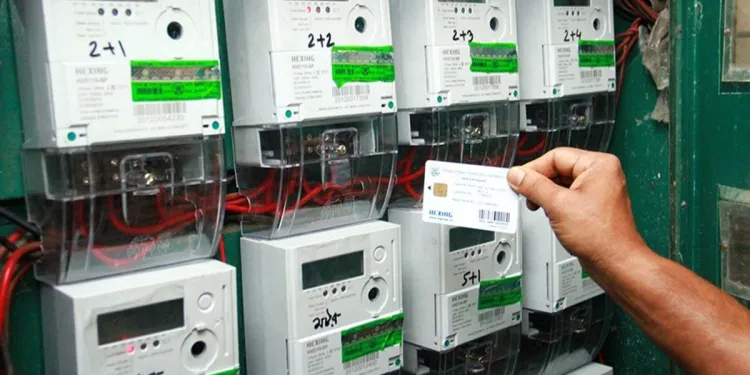
In January 2020, the Nigerian Electricity Regulatory Commission (NERC) approved a new electricity tariff. This new tariff was to be charged by the 11 Electricity Distribution Companies (DisCos) commencing from April. Highlights of the new tariff include service reflective payment for electricity consumption and increases in the charge for electricity supply across the country. According to a Premium Times review, increases ranged between 60 per cent in places like Lagos, to about 73 per cent in Abuja, and about 78 per cent in Enugu.

The decision of the Federal Government to disengage over 500,000 N-Power recruits have generated different public reactions. While some have decried unpaid allowances for current recruits, others believe that the layoffs will worsen the unemployment situation in the country.
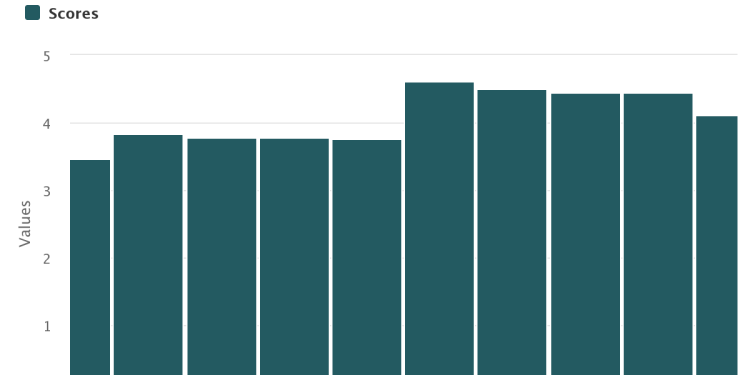
Based on these statistics, Nigeria’s democracy is classified as a Hybrid Regime. The hybrid regime is the next to the authoritarian regime. Nigerian earned this classification due to the poor state of its election processes and outcomes, the corruption index, judiciary performance, and press freedom.

There is a massive drop in oil earnings by 80 percent and the Nigerian government is struggling to secure proceeds from crude sales. It is clear from reports that Nigeria’s economy is bound for recession. Already, the GDP is expected to drop by 8 percent in 2020.
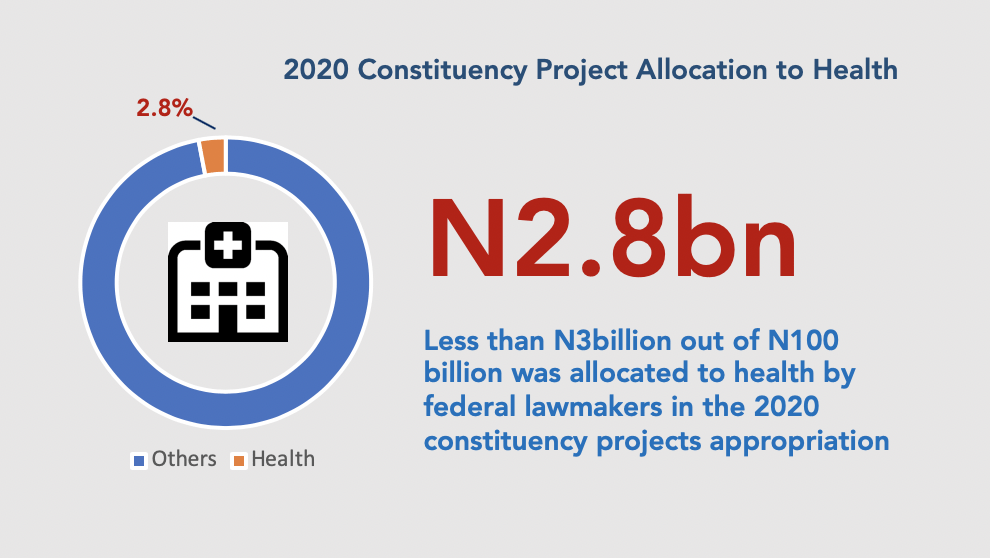
The greatest fear that Nigerians have about the coronavirus pandemic is the inadequate healthcare infrastructure. For instance, it was reported recently that Nigeria has less than 500 ventilators for an estimated population of 206 million citizens.
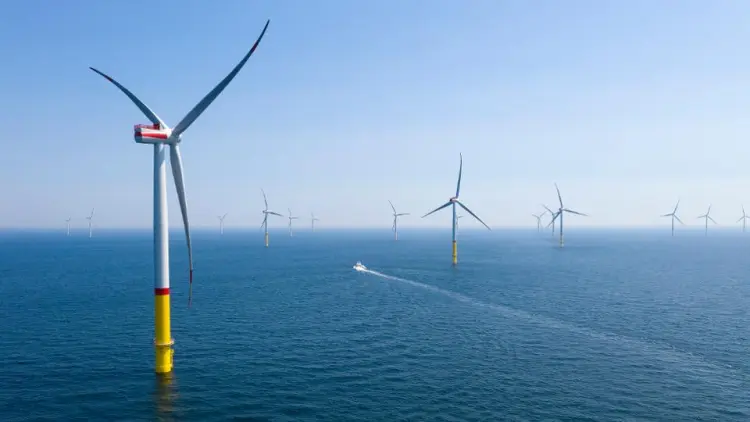
On March 6, 2019, the World Bank announced a new program to help developing nations especially those with populations living without access to reliable electricity to fast-track the process of adopting offshore wind energy. This is a program Nigeria can invest in to boost her energy supply potentials. However, with existing technology, there is no way to construct offshore wind farms without the offshore oil platform. It is not just only a cheaper way to get wind power and let wind developers place their turbines further out to sea according to SeaEnergy Renewables. It is also an opportunity for oil companies to diversify their revenue by selling excess generated energy to the grid.

Unlike the usual deficits that define the national budgets, the Petroleum Technology Development Fund (PTDF) has recorded an accrued surplus of unused funds for capital expenditures and capacity building programmes totalling N62 billion by 2016. However, the recurrent expenses increased by 137% from N3.85 billion to N9.14 billion between 2012 and 2016.
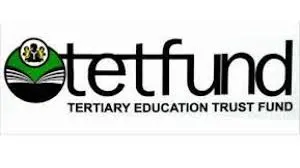
The Tertiary Education Trust Fund (TETFUND) in the last ten years has benefitted an estimated 1.36 trillion naira from the government for the development and advancement of the educational sector in Nigeria. However, reports from NEITI and other investigations have shown that the fund does not have a comprehensive accounting and operational manual hence, there is an insufficient guide for accounting and operations’ processes.